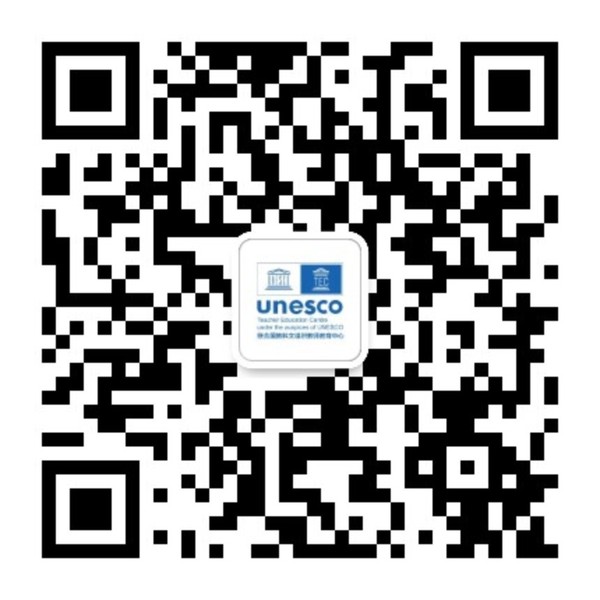On October 13, 2025, the Workshop of the 2025 China-Africa STEM Educators Acceleration Program—guided by the Department of International Cooperation and Exchanges of the Ministry of Education, the Department of Teacher Education of the Ministry of Education, and the Shanghai Municipal Education Commission, and hosted by the UNESCO Teacher Education Centre (TEC) and Shanghai Normal University—officially opened. Sixty professionals in the STEM field from 11 African countries, including Tanzania, Ghana, South Africa, Kenya, Ethiopia, Uganda, Rwanda, Zambia, Nigeria, Malawi, and Côte d’Ivoire, gathered together. These participants comprised educational officials, teacher educators, experts, scholars, and primary and secondary school teachers, all kicking off their study tour in Shanghai.
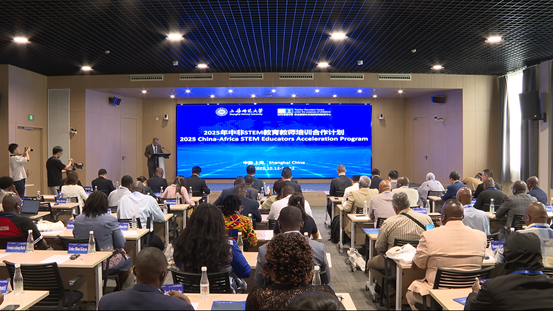
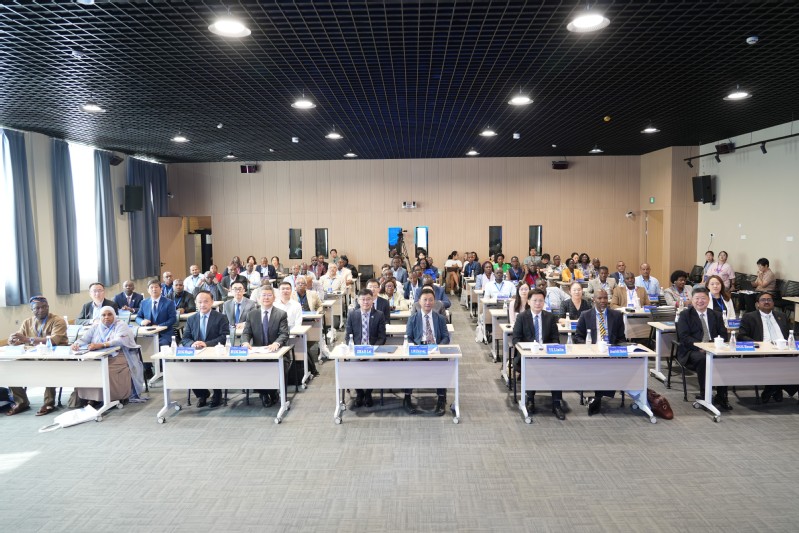
In his speech, Deputy Director Zhao Lei noted that the workshop was a key measure to implement the outcomes of the Forum on China-Africa Cooperation. He expressed the expectation that in-depth exchanges would enable the sharing of China’s experience in STEM education, and that China and African counterparts would work together to nurture innovative talents, injecting new impetus into China-Africa education cooperation.
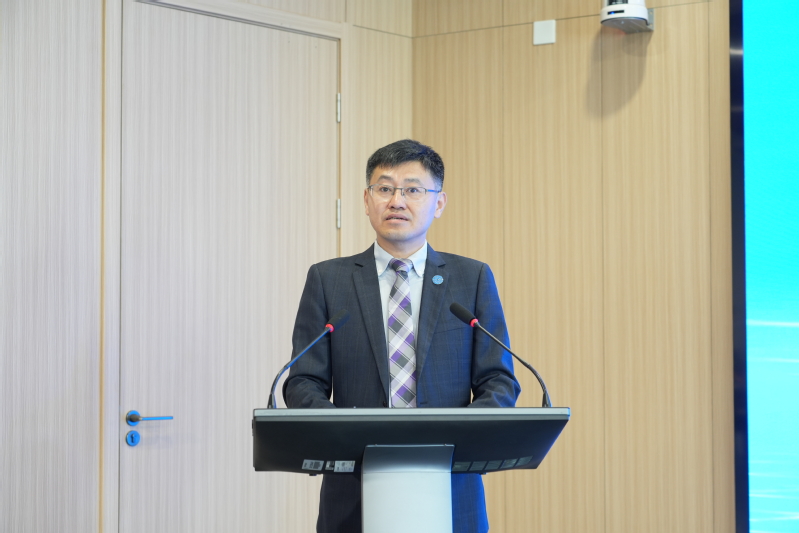
Deputy Director Huang Xiaohua pointed out that the workshop represented a crucial initiative to implement the outcomes of the Forum on China-Africa Cooperation and leverage the platform advantages of the Global Institute for Teacher Development. He emphasized that China would take this as a new starting point, and through practical measures such as joint training and resource co-construction, work with African counterparts to jointly build a high ground for STEM teacher development, contributing to global education reform.
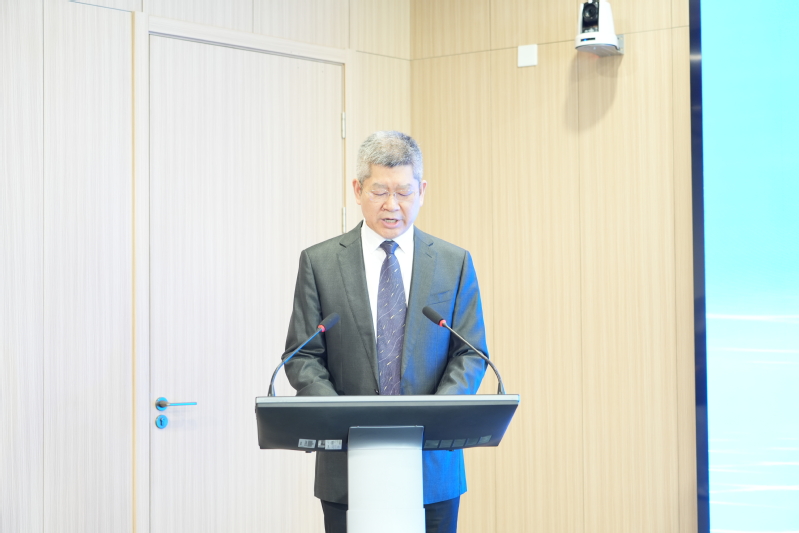
Director Abram Seliki Tlhabane stated that the program would boost the capacity building of African STEM teachers. Through knowledge sharing and experience exchange, he added, the program would help nurture innovative talents driving Africa’s sustainable development.
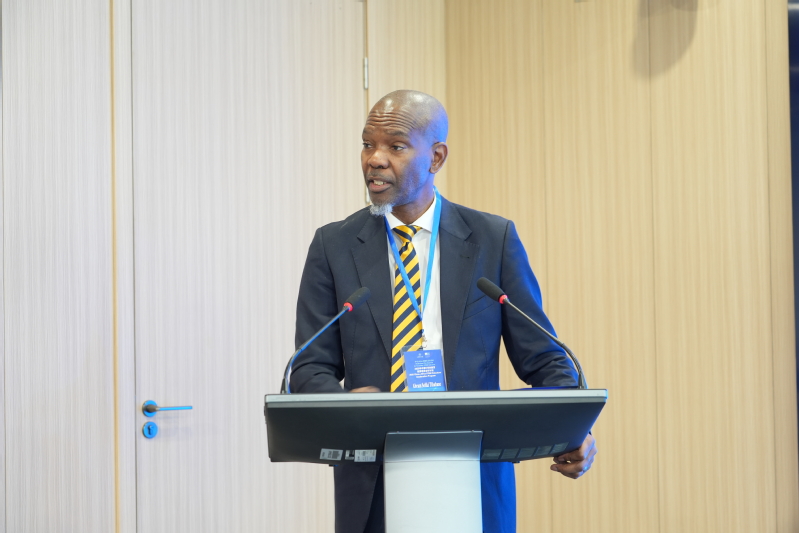
Deputy Director Ye Linlin indicated that Shanghai would fully implement the Seed Teacher Program. By taking practical steps such as establishing a China-Africa Joint Development Platform for STEM Teachers and sharing digital curriculum resources, Shanghai would build a long-term exchange mechanism to work with African counterparts in promoting high-quality development of STEM education and injecting new vitality into China-Africa friendship.
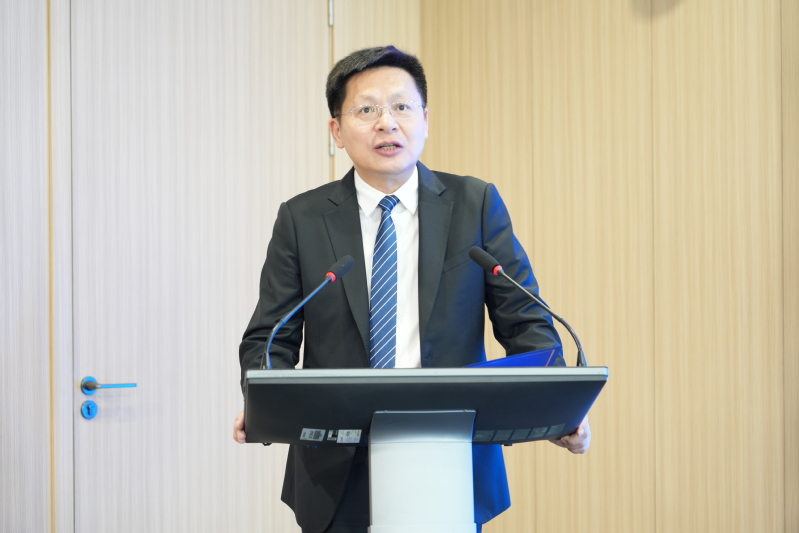
Secretary Lin Zaiyong noted that the workshop was an important measure to implement the outcomes of the Forum on China-Africa Cooperation Summit. It aimed to share replicable and promotable China Solutions in STEM education and digital transformation. He expressed the hope that participants would become envoys promoting China-Africa STEM education cooperation and wished the workshop a complete success.
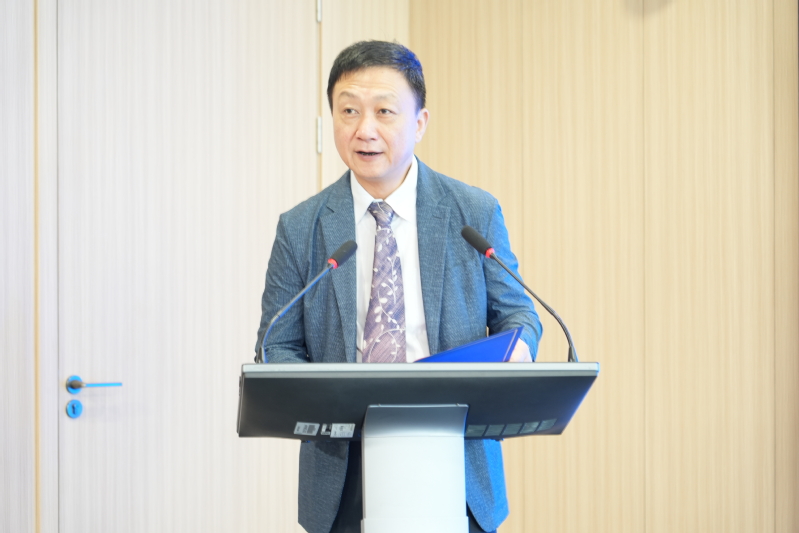
Director Zhang Minxuan extended a warm welcome to the African guests. He expressed the expectation that the workshop would serve as a link to share high-quality teacher education resources, contributing wisdom and efforts to cultivating outstanding teachers and advancing the development of STEM education.
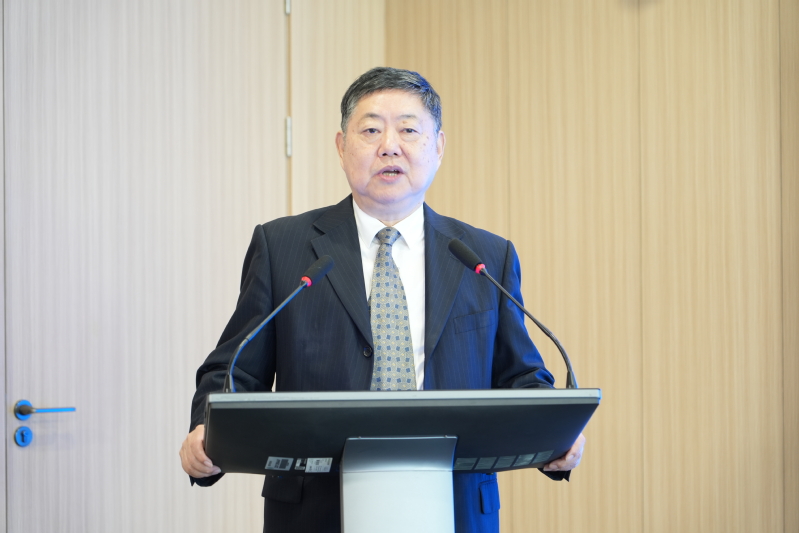
The keynote speech session was chaired by Associate Professor Song Jia, project leader of the China-Africa STEM Education Teacher Training Cooperation Program. Keynote speeches were delivered by Asya Iddi Issa, Director of the Secondary Education Department of the Ministry of Education of Zanzibar, Tanzania; Munawaru Issahaque, Deputy Director (in charge of quality and popularization) of the Education Service of the Ministry of Education of Ghana; and Oma Lee, Strategic Development Consultant of the Yidan Prize.
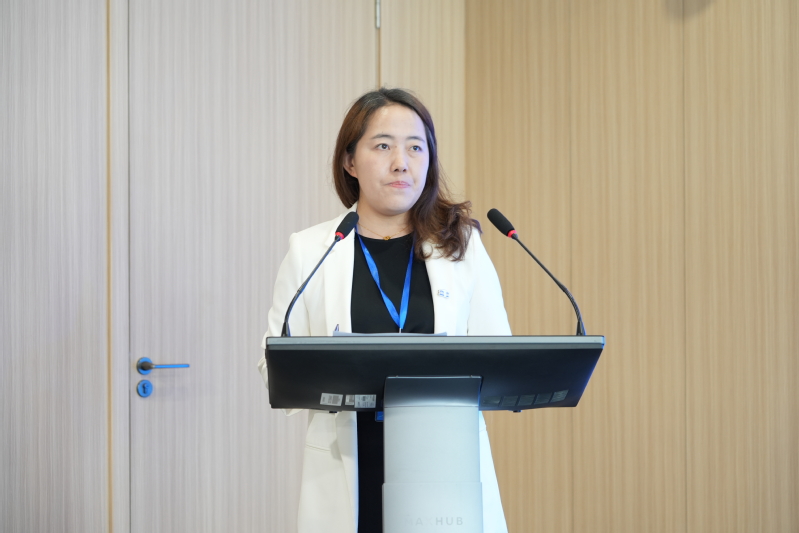
Director Asya Iddi Issa delivered a speech titled China-Tanzania Cooperation Empowers STEM Teacher Education: Jointly Shaping a New Vision for Zanzibar’s Future. She pointed out that China and Tanzania would focus on teacher development and curriculum innovation to jointly nurture innovative talents for Zanzibar’s future and work together to outline a new vision of education empowering sustainable development.
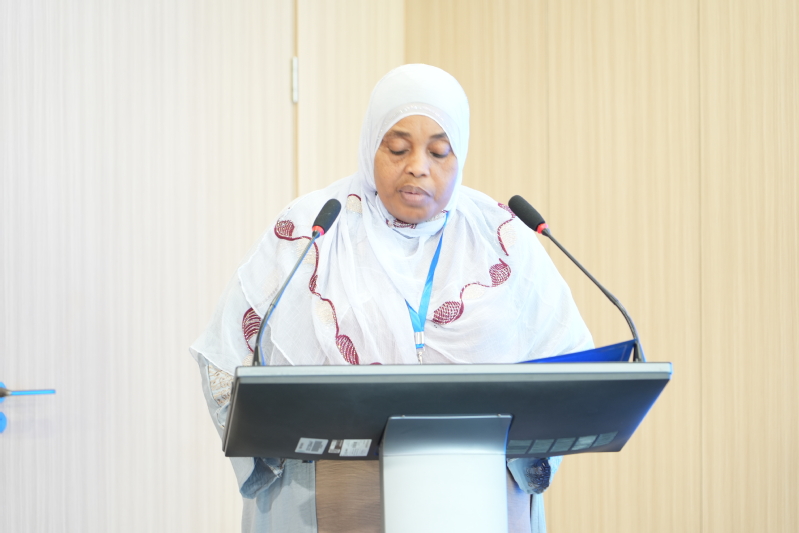
In his speech A Review of STEM Teacher Development and Teacher Education in Ghana, Deputy Director Munawaru Issahaque emphasized that Ghana planned to expand the scale of STEM teacher training to 30,000 people by 2030. He called for bridging the gap in teacher capabilities through South-South cooperation to jointly nurture innovative talents for Africa’s future.
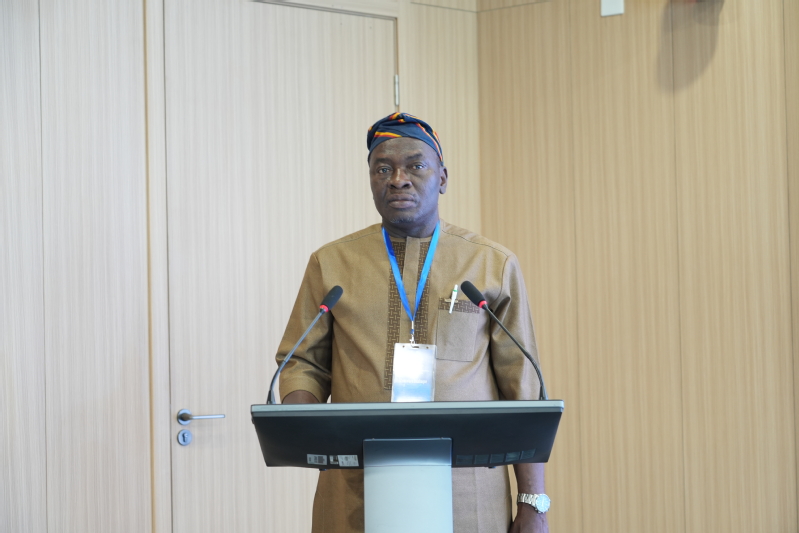
Oma Lee introduced the Yidan Education Prize and the 2026 Global Conference. She shared the prize’s vision of supporting local educational innovation projects in Africa to build an inclusive education ecosystem benefiting millions of children.
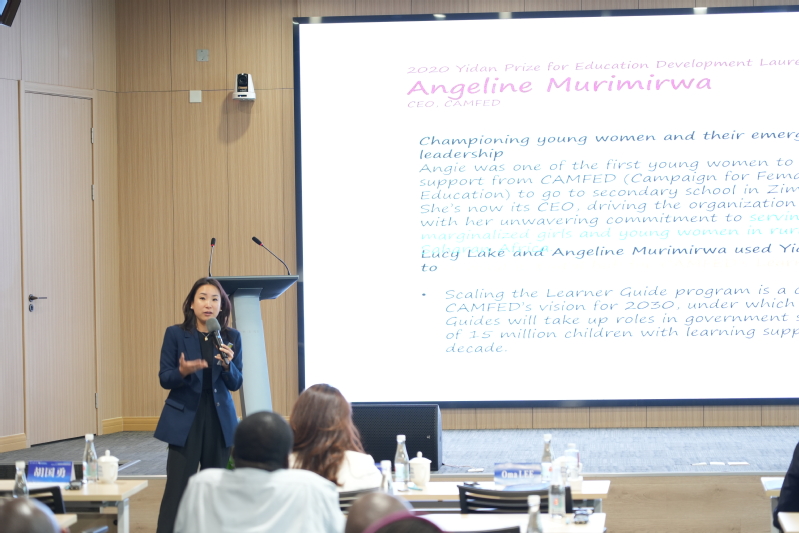
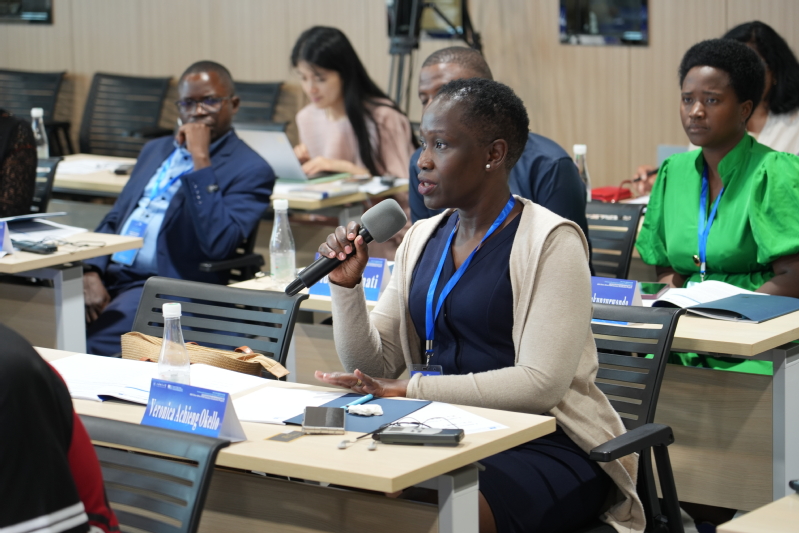
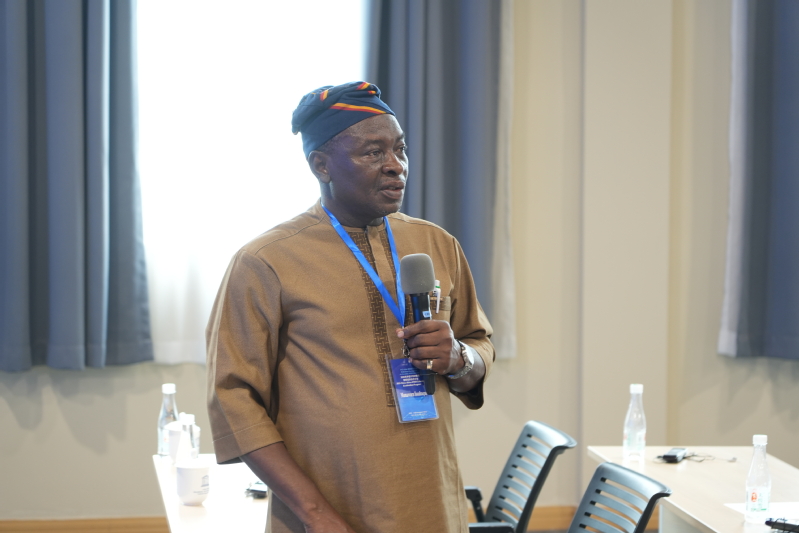
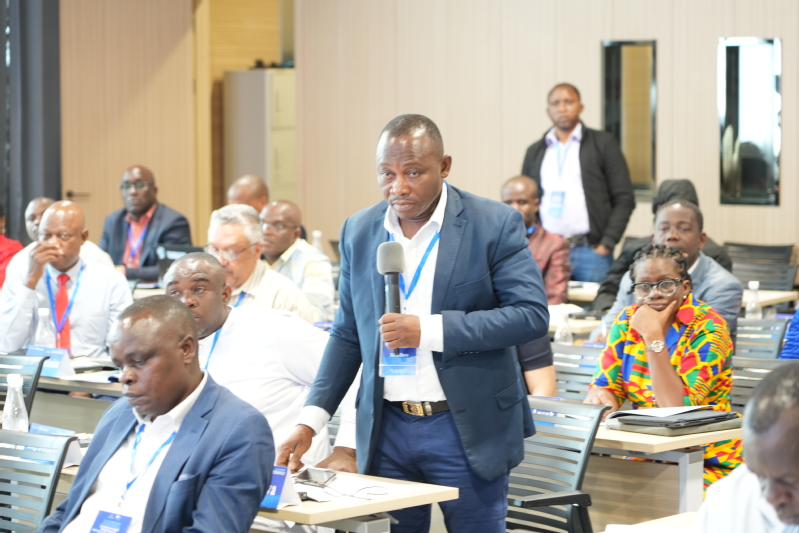
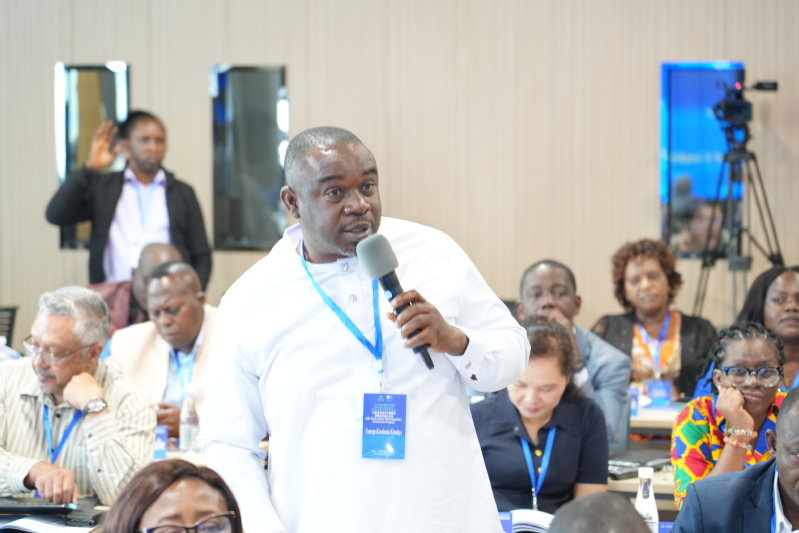
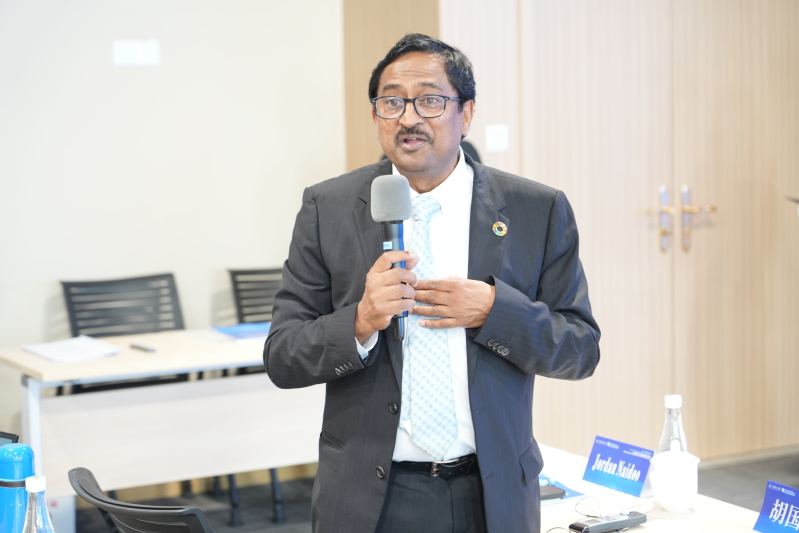
In the afternoon, a roundtable forum themed China-Africa STEM Teacher Professional Development was held, chaired by Professor Jordan Naidoo, former Executive Director of the UNESCO International Institute for Educational Planning (IIEP). The first session, Policy Dialogue, featured six guests: Dominic Wambua Kasimu, Assistant Director of the National Implementation Committee for Competency-Based Curriculum of the Ministry of Education of Kenya; Abunu Arega Yismaw, Director of the Research and Promotion Division of the Higher Education Department of the Ministry of Education of Ethiopia; Mfaume Jaffar Mfaume, Director of the Secondary Education Division of the Ministry of Education and Vocational Training of Zanzibar, Tanzania; Munawaru Issahaque, Deputy Director (in charge of quality and popularization) of the Education Service of the Ministry of Education of Ghana; Bbuye Abubaker, Chief Education Officer of the Secondary Education Department of the Ministry of Education and Sports of Uganda; and Zhang Minxuan, Director of TEC. The guests engaged in lively discussions on topics such as national STEM education development goals, reform measures, STEM teacher development pathways, and China-Africa cooperation in STEM teacher development.
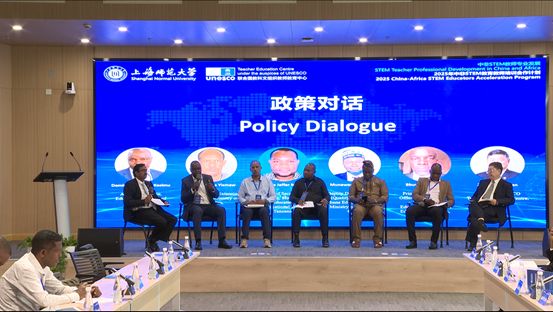
The second session, Practice Dialogue, included seven guests: Kanthan Govindassay Naidoo, Chief Education Officer of Biological and Agricultural Sciences of the Department of Basic Education of South Africa; Lasme Andre Serge Akpro, Education Specialist of the Ministry of Employment and Social Protection of Côte d’Ivoire; Fidele Nkomati, Teacher at the Inspire, Educate and Empower Organization of Rwanda; Shelly Mizinga Sikwale, Senior Curriculum Specialist (Mathematics) of the Ministry of Education of Zambia; Peter Mpasho Mwamtobe, Head of Department (Senior Lecturer) of the Malawi University of Science and Technology, Malawi; Olusegun Olawale Olakotan, Lecturer at Midland Olumilua University of Education, Science and Technology of Nigeria; and Ning Bo, Vice Dean of the School of Education of Shanghai Normal University. The guests held in-depth discussions on STEM education practices, STEM teacher education development, challenges faced by STEM teachers in classrooms and schools, and reform strategies.
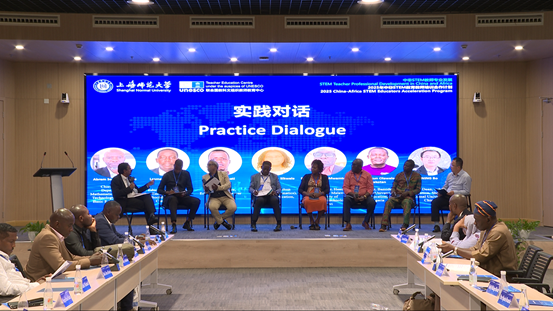
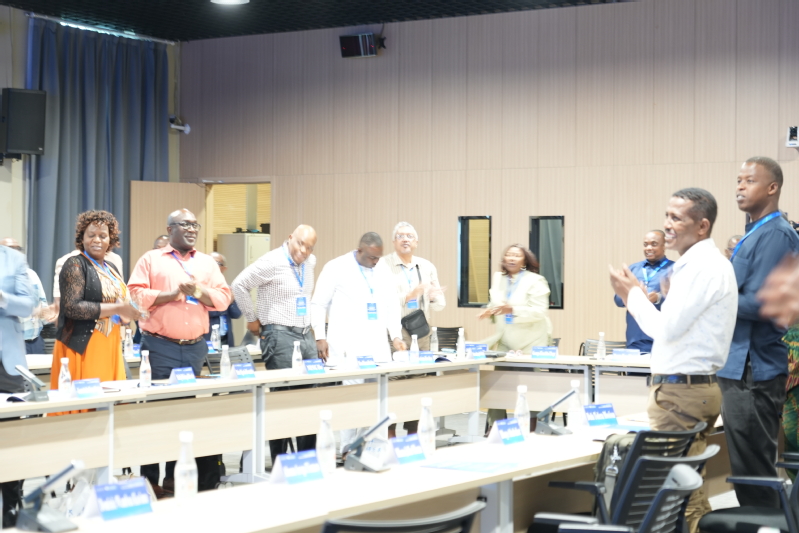
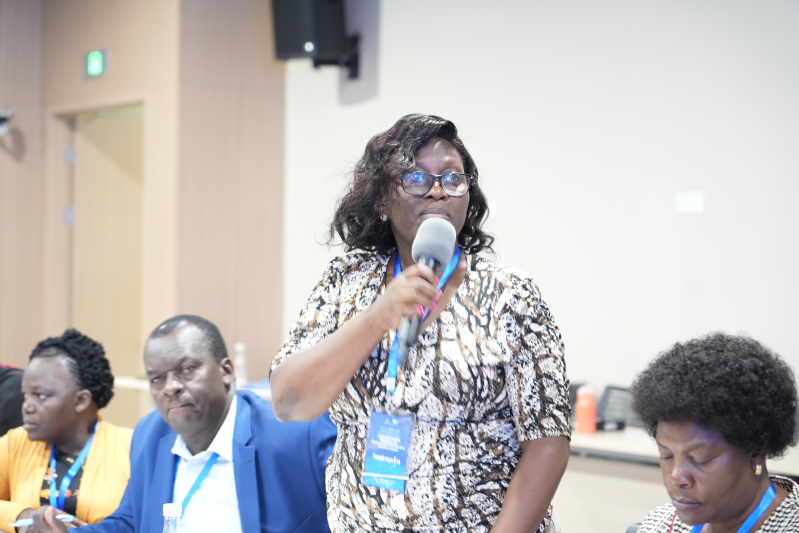
The China-Africa STEM Education Teacher Training Cooperation Program will host annual workshops for three consecutive years starting from 2025, serving the reform and development of basic education—especially STEM education—in African countries to support their modernization efforts. With the theme of Professional Development of Secondary School STEM Teachers, this year’s program focuses on discussing teaching methods for secondary school STEM subjects, the utilization of innovative teaching resources, and the cultivation of students’ independent learning capabilities. It aims to help teachers enhance teaching effectiveness and stimulate students’ interest in learning and innovative capabilities.
Running until October 22, the workshop enables African educators to gain a solid understanding of the models, experiences, and cases of STEM education implementation in Chinese primary and secondary schools through diverse forms. These include expert lectures, on-site visits to primary and secondary schools, visits to science and technology museums, joint classes, and collective teaching and research with Chinese primary and secondary school teachers. This lays a solid foundation for Chinese STEM education experience and teacher development models to benefit various African countries.
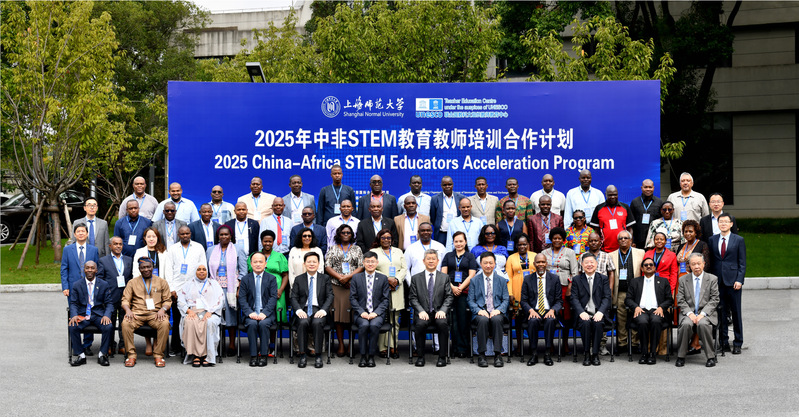
Relevant Media Links:
https://www.shobserver.com/staticsg/res/html/web/newsDetail.html? id=998340
https://export.shobserver.com/baijiahao/html/998344.html?sdkver=7d05c2f1
Contributions (Text and Photos): UNESCO Teacher Education Centre (TEC) and Research Institute for International and Comparative Education (RIICE)




